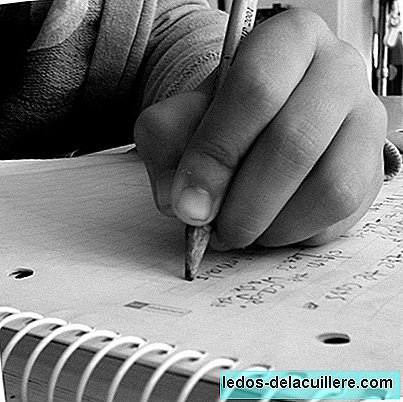
It does not seem to make much sense that educational content (textbooks primarily) have a different taxation depending on the support on which they are published. This is what the European publishers think who have demanded from the European Commission a review of the common tax legislation that equals the taxation of the digital book, which already exists in the different Member States for paper books.
In Spain, the digital book is taxed with a VAT of 21% compared to 4% of the traditional bookAnd precisely in our country, representatives of educational content have just requested a revision of the VAT of digital educational content, which allows it to be adapted to that applied to the 'other' books. This would be a necessary path for advance digital development in classrooms.
At present it can be affirmed that all the educational publishers already have the capacity to offer content in digital format that is integrated into conventional production. It also collaborates in the development of digital platforms that allow an adequate distribution of educational materials; and teachers are supported so that they can use their contents in the teaching processes.
At the same time, the editors consider that the impact of economic issues is negative (cuts in budgets for the acquisition of textbooks) prevent an adequate assessment of the role played by textbooks in teaching. It should be remembered that the textbook is a work tool in the school world that serves as a guide for both teachers and students.
Economic issues prevent an adequate assessment of the role of the textbook in the teaching process. It should be remembered that the textbook is, first of all, an object for learning, a work tool in the school world whose didactic function of knowledge transmission It is complemented by its value as a guide for people who are part of the educational process, both for teachers and students. But, also, it is a cultural object that reflects a society and its time ”.
On the other hand, the editors insist on the importance that the legislative measures to protect the intellectual property of authors and publishers accompany the development of digital content and the emergence of new business models in this area.
These reflections have arisen during the Forum of Educational Publishers of the International Publishers Association, held in Madrid; and the debate will also move to the Days of exchange of opinion that will take place in Brussels next March.












